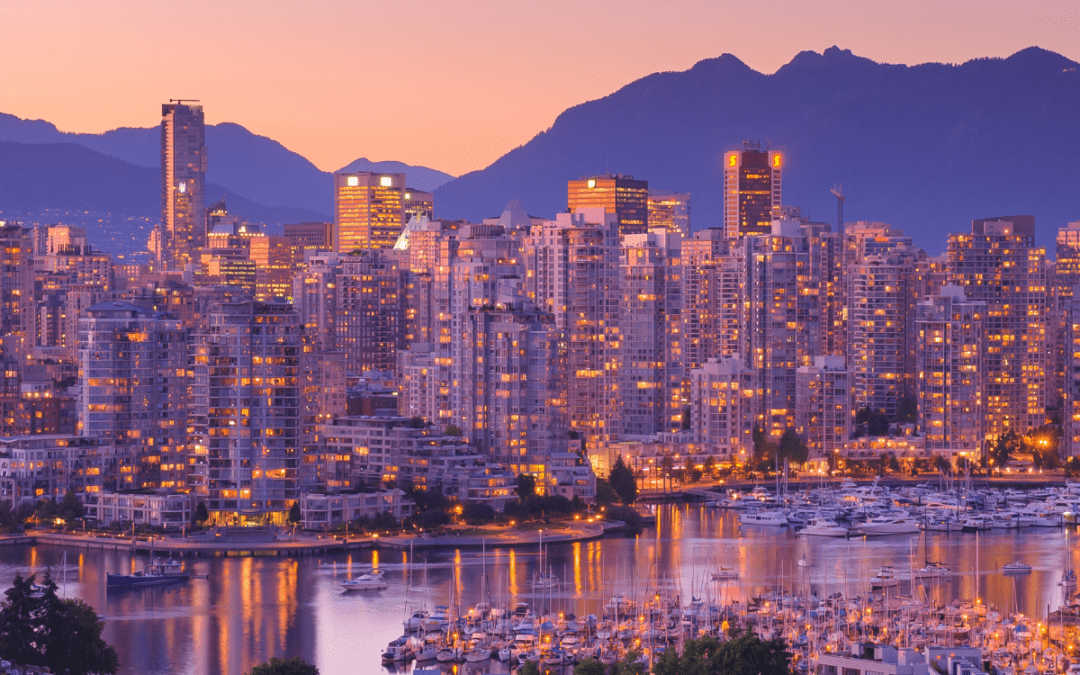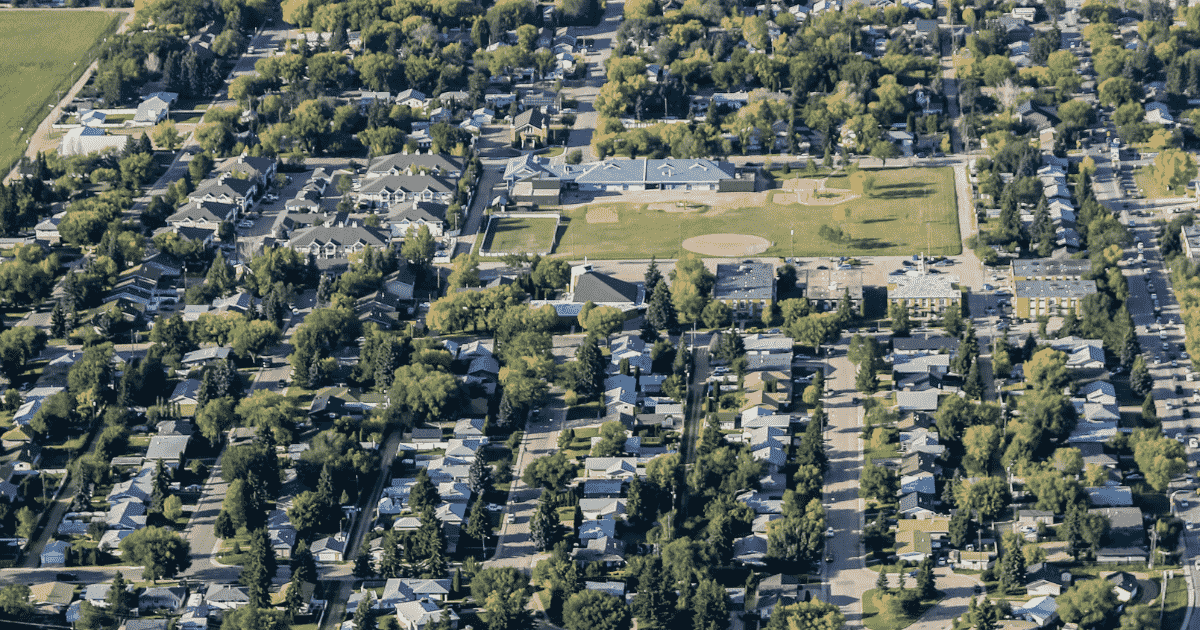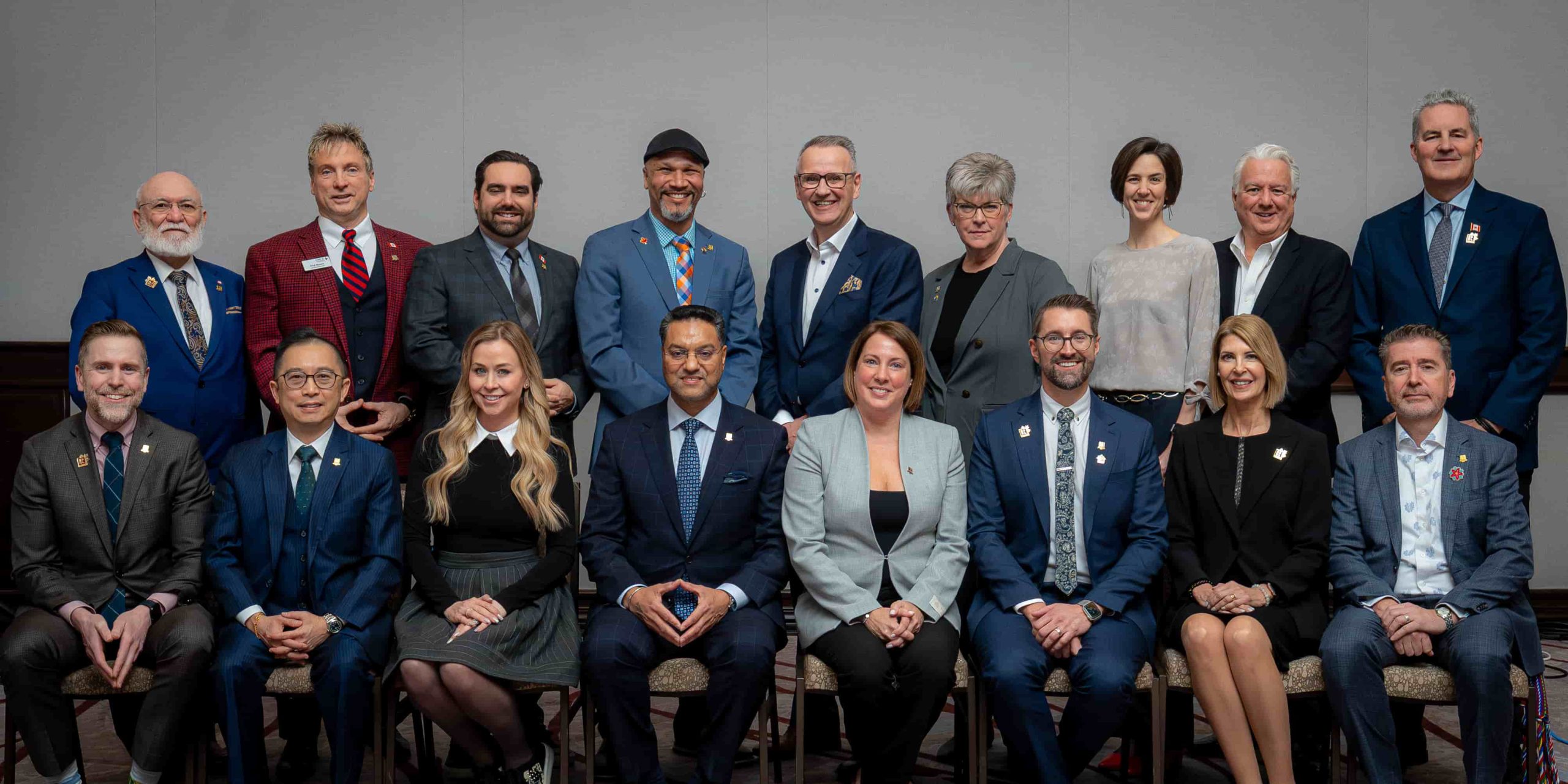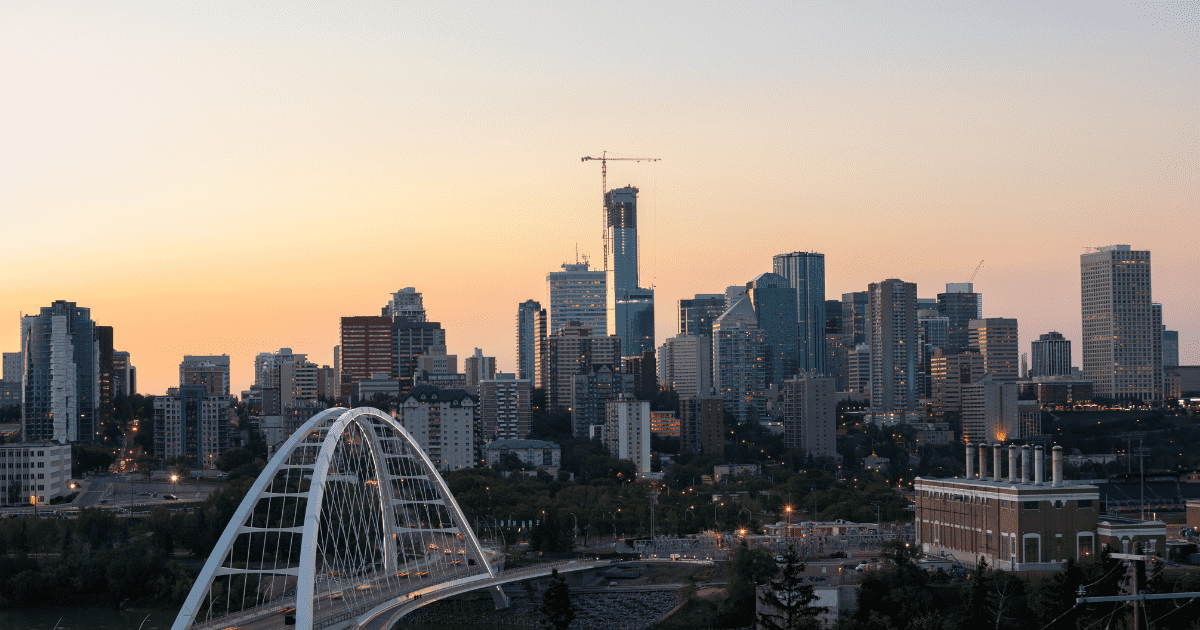In 1979, during the North American Soccer League (NASL) finals between the Vancouver Whitecaps and New York Cosmos, sportscaster Jim McKay passively referenced Vancouver as a “village.” In terms of the size, scale and population of New York at the time, he wasn’t far off.
Expo 86: A turning point
Skip ahead to 1986, a year that significantly boosted the global profile of both Vancouver and the province of British Columbia. The launch of Expo 86 came with significant global fanfare.
Unlike Expo 67, this event had a singular theme related to transportation and communications. The official statement was “World in Motion — World in Touch,” which spoke to the regional desire at the time to be bigger, better known and more growth-oriented. Mid-eighties Vancouver was a far smaller port city situated on the geographical edge of a much younger Canada. It was rougher around the edges and economically defined by blue-collar industry, especially related to forestry.
2010 Winter Olympics spend: To get Vancouver to a A-list status
The next major event to boost Vancouver’s profile on a global level was the 2010 Winter Olympics. The Vancouver Olympic Games opened with a governmental statement by then-premier Gordon Campbell in which he stated, “Hosting these Games is an achievement on the world stage that all British Columbians and all Canadians can be proud of. Together, we have welcomed the world with open arms to see and experience our nation, our province and our communities.”
As any British Columbian of a certain age can attest from the intensive lead-up media dialogue, the main justification of the public spend was to transition Vancouver to an A-list city, putting it increasingly on the international map, with the hope of attracting global investment and building out increased tourism. In the end, the Vancouver Olympic Games achieved those goals and set a path of ongoing development and investment underway.
But this also came with significant social and economic consequences.
Vancouver’s social and economic transition
Vancouver now ranks high among world-class cities, repeatedly named as one of the most liveable cities in the world by The Economist magazine. But let’s reflect on the social and economic transition of recent years.
It has happened with such intensity that many residents barely recognize the city compared to just a decade or two prior. The city is now a go-to location for the rich, the famous, winter sports devotees and dedicated outdoor enthusiasts. It’s increasingly become a mosaic of cultures, apparent in everything from the cuisine to entertainment options across the city. In addition to being an industrially driven economy, the tech sector has built up, and a wide landscape of mid-sized businesses have settled in alongside international corporations such as Amazon, Microsoft and Lululemon.
Rather than celebrate the change, the average Vancouverite spends far more energy bemoaning the past
In conjunction with these big-city trends, an unfortunate byproduct is the notable jump in the cost of living. Home prices have more than quadrupled since the year 2000 and Vancouver rents have skyrocketed as vacancy rates cratered. And it’s interesting that while the city has dramatically changed, its residents have not.
Far from celebrating this transition, the average Vancouverite spends far more energy bemoaning the past. Yet not only has Vancouver transitioned to a city well-positioned in the global gaze, but we’ve done so by our own hand.
The speed of change in Vancouver and the rapid erosion of affordability have left many grasping for a version of the city that no longer exists and will never return. “Why can’t I buy a house for $200,000 as my parents did back in ‘83?” was a complaint relayed to me at a recent social function. The reason is that it’s not ’83, and today’s Vancouver has little in common with its early ’80s incarnation.
Homeownership expectations in other world cities are more tempered; band-aid solutions don’t work
Accepting the new Vancouver by big city standards means a major transition in terms of expectations. Do residents in New York, Tokyo, London and Paris express consistent outrage at the inflated cost of regional housing? Arguably, yes, but the expectation of home ownership in these regions is also decidedly more tempered.
Not only have Vancouver residents failed to keep pace with this transition, but federal and provincial governments, in reaction to public affordability concerns, focus a great deal on piecemeal legislative measures designed to contain or, at worst, pursue the patently impossible goal of “restoring affordability.”
Not only will these band-aid measures never be able to address the fundamental influences that have driven prices up in the first place, but they divert government focus from where it would be better served, which is aiding local economic development. On the whole, the Canadian economy is not particularly prospering, and much more needs to be done to strengthen our export markets and focus on overall Canadian business efficiency.
Here’s what’s missing
The missing piece of the A-list city reality for most Vancouverites isn’t the cost of housing, rent and living expenses. It’s that rather than living under the false dichotomy that housing prices will magically decline despite record demand and prolonged supply drought, a more sustainable and practical path forward would be to build out an increasingly robust regional economy.
BC business prosperity all too often seems like an afterthought when it comes to provincial governmental priorities. British Columbia would be best served moving forward with a significant focus on our regional and global business competitiveness.
There’s little sustainability living in a city that draws global attention but with a regional economy that’s still parked in village status.
Please note that it is BCREA policy to not respond to comments on any of its online articles.

Trevor Hargreaves oversees research and policy, government relations, and communications at the BC Real Estate Association (BCREA). He is also an Adjunct Professor at the Sauder School of Business at the University of British Columbia. Before joining BCREA as the Senior Vice President of Policy Research, Government Relations, Marketing & Communications in 2019, he served as Director of Communications, Government and Public Relations at the BC Dairy Association and, prior to that, toiled in regional media and journalism.














Great insight Trevor.
One trend I cannot help to notice is that “world class” cities rarely refer to themselves that way. London, New York, Tokyo etc never seem to self declare their status.
Speaks volumes about confidence.